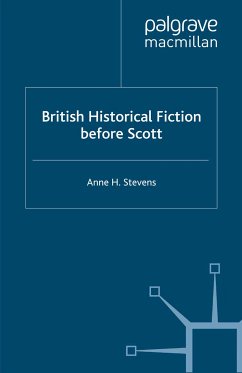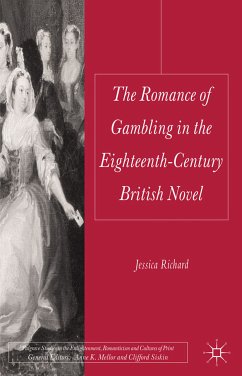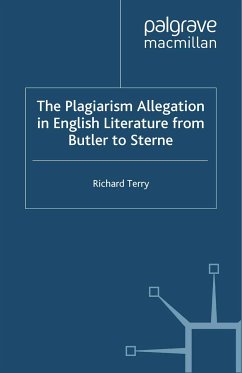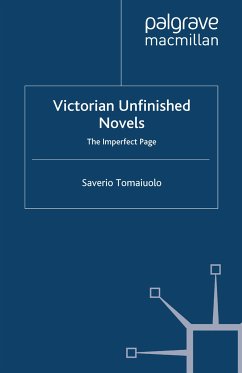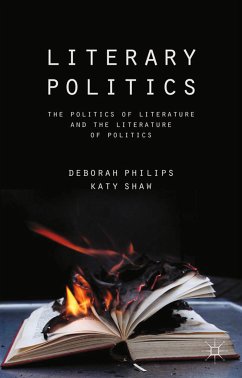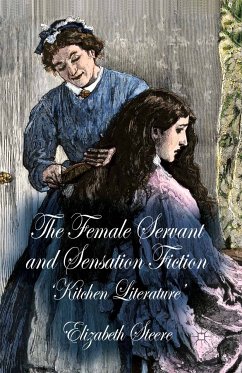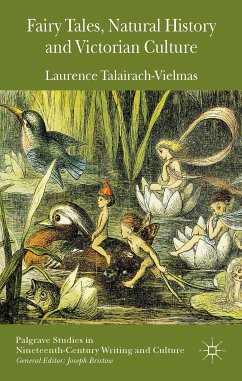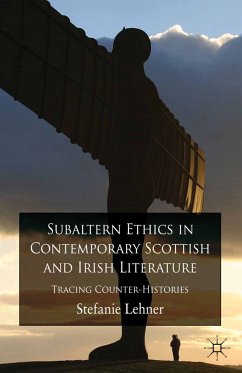
Subaltern Ethics in Contemporary Scottish and Irish Literature (eBook, PDF)
Tracing Counter-Histories
Versandkostenfrei!
Sofort per Download lieferbar
40,95 €
inkl. MwSt.
Weitere Ausgaben:

PAYBACK Punkte
20 °P sammeln!
This book develops an innovative Irish-Scottish postcolonial approach by galvanizing Emmanuel Levinas' ethics with the socio-cultural category of the 'subaltern'. It sheds new light on contemporary Scottish and Irish fiction, exploring how these writings interact with the recent restructuring of the three state-formations in Ireland and Scotland.
Dieser Download kann aus rechtlichen Gründen nur mit Rechnungsadresse in A, B, BG, CY, CZ, D, DK, EW, E, FIN, F, GR, HR, H, IRL, I, LT, L, LR, M, NL, PL, P, R, S, SLO, SK ausgeliefert werden.




